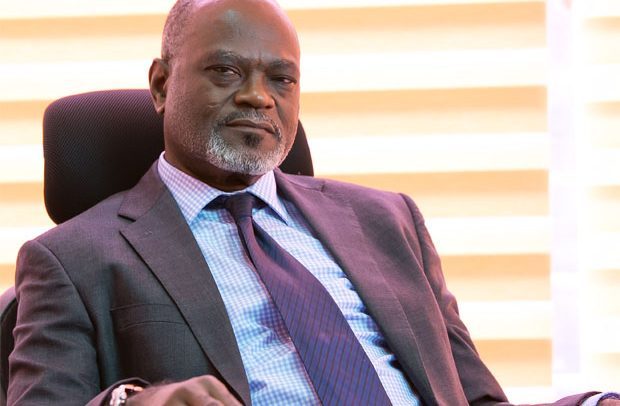
Ghanaian businessman and philanthropist, Dr. Kofi Amoah, better known as Citizen Kofi, has issued a powerful call for African leaders to unite and nationalize the continent’s vast natural resources.
He is throwing his full support behind President John Mahama’s recent advocacy for African-led development using internal resources.
In a post on social media platform X (formerly Twitter), Dr. Amoah described the current moment as ripe for a continental revolution; one that breaks the historical chains of colonial exploitation and replaces dependency on external donors with self-determined economic empowerment.
“Let’s support H.E. John ‘Reset’ Mahama to make ‘real’ the true wishes and desires of Ghanaians and Africans—that we take over, i.e., nationalize all our natural resources. Enough is enough,” he declared in his post.
Dr. Amoah, who has long championed economic sovereignty, called out centuries of exploitation by colonizers and neo-colonial actors who, in his words, have “feasted on Africa for centuries, used our resources, including our people they turned into slaves, to develop their countries.”
Citing the examples of China and India, both once colonized, now thriving through unity and strategic self-reliance, Dr. Amoah urged African nations to adopt a similar path through collective action. He appealed to President Mahama and like-minded leaders across the continent to begin behind-the-scenes coordination aimed at “nationalizing all of Africa’s resources.”
“This effort alone,” he said, “will be a greater and more meaningful catalyst to trigger the unification of the continent, from the grassroots up instead of the so far unworkable top-down approach.”
“Let the tables turn for Africa to “seize” (not beg for) the opportunity to do what is right, rational and universally accepted practice that countries can, must and should use their natural resources within their geographical borders as they fit and for their own benefit.
“I wish to humbly urge our reset President to align with his colleague Presidents and Leaders on the continent, the “willing, sensible and courageous ones” and on the quiet agree to act in unison to NATIONALIZE ALL AFRICA’S RESOURCES.”
He called for boldness in the face of expected resistance from global powers and local elites with entrenched interests, urging the masses to prepare for the long but necessary road to economic independence.
He said “….but the continent must be bold, assertive and ready for whatever consequences of such action without which we will never be free to live in dignity and progress.”
Dr. Amoah’s message aligns with President Mahama’s recent comments emphasizing that it is time for Ghana and the African continent to stop begging and start harnessing their natural endowments for development. Both leaders appear to be sounding a coordinated alarm, drawing attention to the urgent need for structural change.
President Mahama’s remarks buttressed by Dr Amoah have sparked fresh debate among economists, political commentators, and youth activists, many of whom are resonating with his call for a new economic order on the continent; one built not on aid, but on the responsible stewardship of Africa’s abundant resources.
“This will not be an action against anybody,” Dr. Amoah clarified, “but a delayed, logical, and expected action for the rightful interest of Africa and Africans.”
As a figure known for speaking truth to power, Dr. Amoah’s voice adds significant weight to the growing momentum around African economic nationalism, a movement increasingly championed by a new generation of political and thought leaders across the continent.
With nearly 1.4 billion people, countless natural resources, and rising youth demand for reform, Africa, as Dr. Amoah suggests, may indeed be on the verge of a pivotal reset; one driven by Africans for Africans.
DISCLAIMER: The Views, Comments, Opinions, Contributions and Statements made by Readers and Contributors on this platform do not necessarily represent the views or policy of Multimedia Group Limited.
DISCLAIMER: The Views, Comments, Opinions, Contributions and Statements made by Readers and Contributors on this platform do not necessarily represent the views or policy of Multimedia Group Limited.